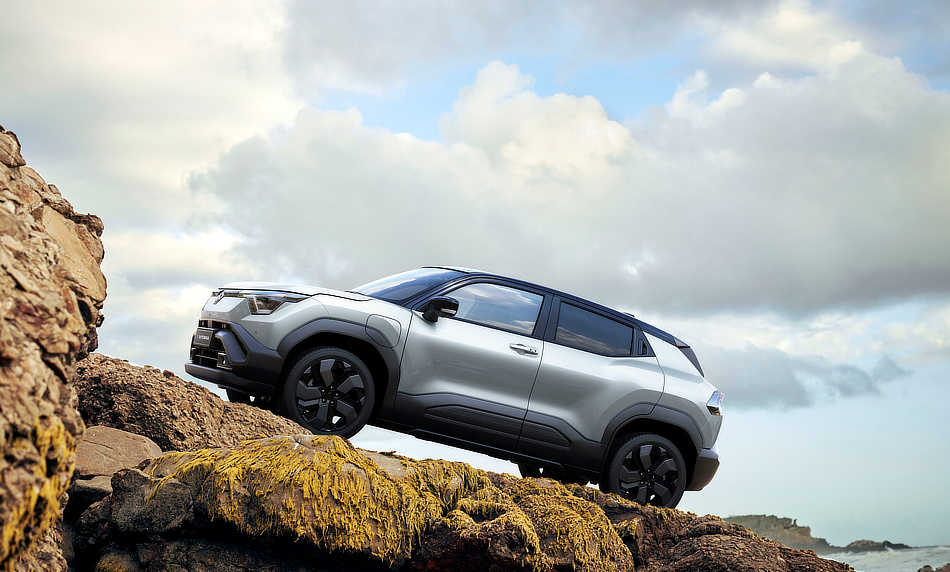By Anthony Henson, November 5, 2024
We created the banner headline ourselves, as I presume this aligns with how Suzuki would prefer all press coverage to be handled—no pushback, just undiluted, blanket positivity. I can’t recall the last time Suzuki did anything truly groundbreaking; in fact, I’m not aware of any major innovations from them. The reality is that Suzuki borrows much of its technology from Toyota and focuses on selling small, affordable cars, primarily in Far Eastern and developing markets.
In Europe and the UK, Suzuki is a relatively small player, selling around 40,000 cars a year in the UK alone. Japanese car manufacturers generally have a distaste for electric vehicles (EVs), though they mask this with greenwashing campaigns. Instead, they favor hydrogen-powered cars, largely because the Japanese government promotes hydrogen through generous incentives, particularly for brands like Toyota, Nissan, and Honda.
Given the Japanese car industry’s commitment to hydrogen and the government contracts it can bring, I find it surprising to see a company like Suzuki showing interest in EVs at all. It’s similarly surprising to see any Japanese car company investing in battery electric vehicles (BEVs). European car manufacturers, too, have similar views—they want internal combustion engine (ICE) cars to coexist with BEVs indefinitely, though they rarely admit this publicly.
The truth is, no traditional Western car manufacturer genuinely wants to shift entirely to BEVs, they don’t care about the environment or clean air because if they did they would stop making ICE cars today. They greenwash their public image to suggest otherwise. BEVs offer a superior powertrain, and while battery technology was once a concern, recent advancements are changing the equation. BEVs could ultimately become the ‘Chicxulub extinction event’ for the ICE age.
As for the Suzuki e-Vitara, it’s far from groundbreaking. The only message Suzuki is sending with it is that they’re late to the EV party and they have much ground to make up.



